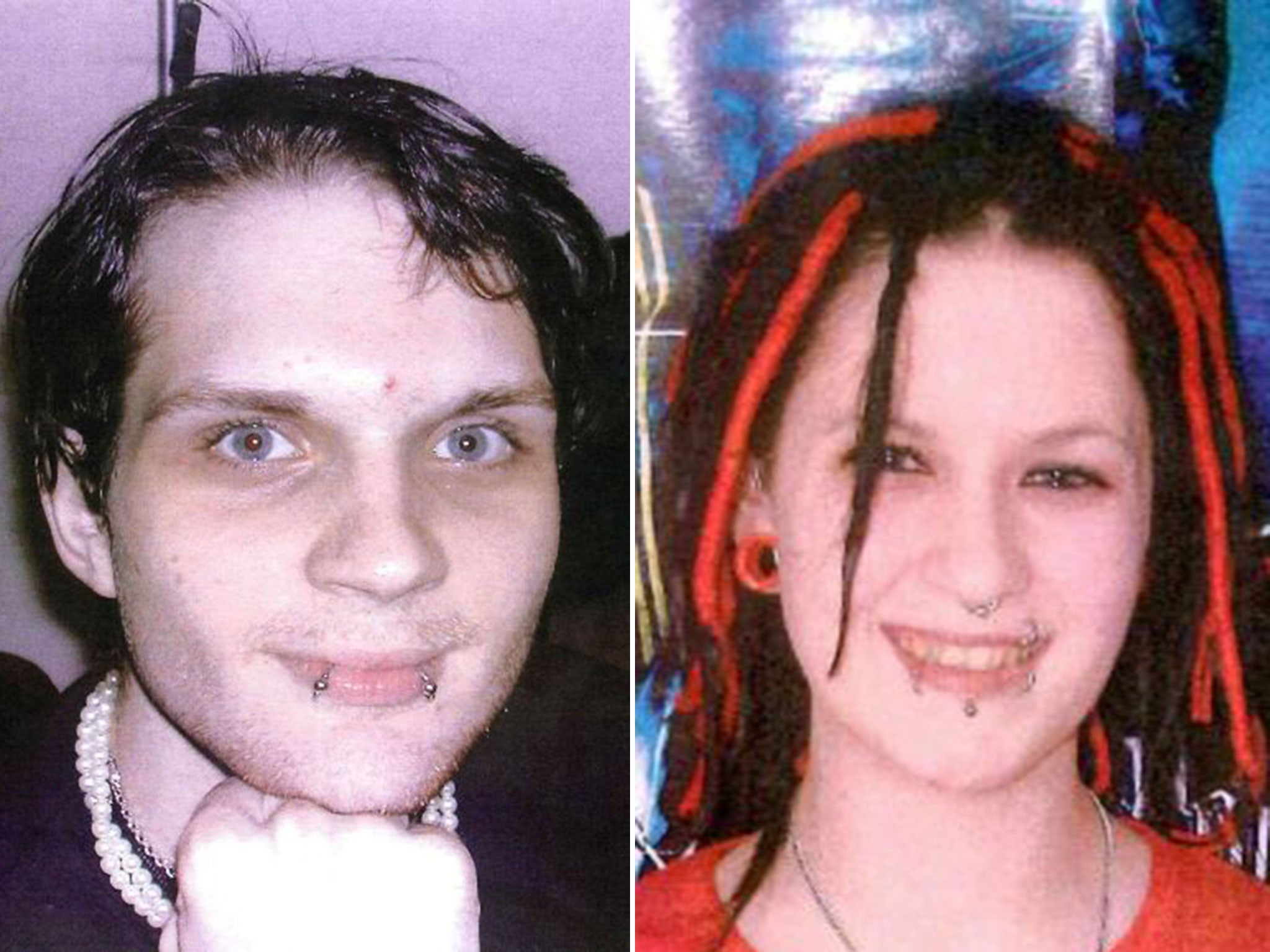Police told to beef up reports of hate crime
Not only is there under-reporting, but attacks on groups such as goths and punks should be included

Only one in seven hate crimes is recorded by police forces and they need to drive up the number of cases they are dealing with, according to new guidance to officers.
Too many hate crimes go unreported, says the report by the College of Policing. Of the 278,000 hate crimes that occur annually in England and Wales, just 43,927 were recorded by police in 2012-13, it states. Forces need to "improve recognition of those crimes that are reported" and "close the gap of under-reporting".
Police record hate crimes against people on the grounds of disability, race, religion, sexual orientation or gender-identity. But the new operational guidance states that there are "many other groups in society who have been targeted with hostility and crime" and it is "essential" that the focus on the five main groups "is not used to deny the existence of other hate crimes".
The report comes as an academic study warns that attacks on "alternative" groups such as goths bear close similarities to those on established victims of hate crimes. The study warns that the targeting of goths, among others, "is a bigger problem than people think" and creates a "climate of fear" among those affected.
The College of Policing guidance, the first for a decade, states: "Every effort should be made to increase reporting and recording of hate crimes. Increased reporting will help to identify serial offenders, bring more offenders to justice and improve community confidence in the police."
Hate crimes are "far more prevalent than official statistics suggest. Proportionately, they are more likely to be directed against the person than non-hate crimes, and they tend to be experienced repeatedly," according to Dr Nathan Hall, of Portsmouth University's Institute of Criminal Justice Studies, in a foreward to the guidance. "Hate crimes can have a greater emotional impact on the victim than comparable non-hate crimes, and can cause increased levels of fear and anxiety that can also permeate through wider communities."
Last year, Greater Manchester Police became the first force in the country to treat attacks on goths and other "alternative subcultures" as hate crime – in response to a campaign by the Sophie Lancaster Foundation, set up in memory of a young girl murdered in Bacup, Lancashire, in 2007. Sophie and her boyfriend were targeted for being goths and brutally attacked on their way home one night. The 20-year-old suffered horrific head injuries and never regained consciousness.
Amid mounting pressure on forces to take a wider approach, Warwickshire Police and West Mercia Police recently announced that their definition of hate crime now includes goths, punks, emos and others who live an alternative lifestyle and are victimised because of the way they look.
Verbal abuse, intimidation, threats and violent assaults are suffered by goths, according to a new study. The research, published in the British Journal of Criminology next month, draws on in-depth interviews with victims across England.
"The nature and impact of such experiences, we argue, bear comparison with key facets of hate crime. Such evidence informs and underlines the importance of conceptual arguments about whether hate crime can or should be extended beyond recognised minority groups," says the study by researchers from the University of Surrey. Victims are "targeted primarily on the basis of what they appear to represent".
But researchers cite the fear factor upon hearing of attacks on others as the "most striking" similarity with other hate-crime victims, with a "sense among participants that the victim could have been them... They may potentially be at risk in the future."
They conclude that "the targeting of goths and alternatives show[s] a number of similarities with the experiences of established hate-crime victim groups".
Dr Jon Garland, co-author of the study and a criminologist at the University of Surrey, told The IoS: "It's a bigger problem than people think, it affects people's lives more than people think, and it also affects the community as well."
Superintendent Paul Giannasi, the Association of Chief Police Officers' hate-crime spokesperson, said: "We would welcome a broader approach to hate crime where appropriate."
He added: "Some forces choose to include attacks on the elderly as a hate crime, while others have identified local hostility towards 'alternative subcultures' such as goths and punks."
